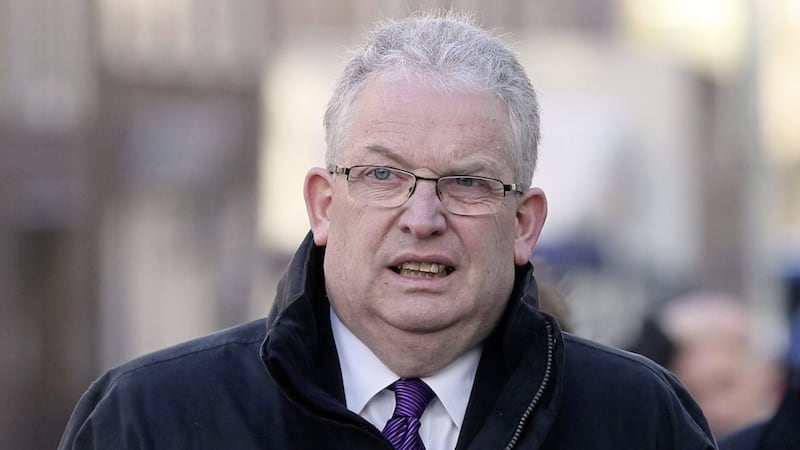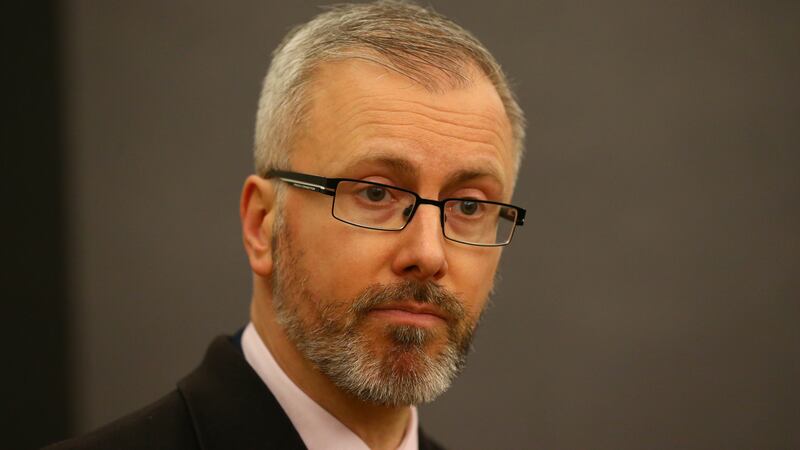The under-fire head of the Health Service Executive (HSE) has said he did not know about the cervical cancer scandal in time.
Those who should have given him information did not realise the significance of the screening problems, director general Tony O'Brien said.
He called for a duty of candour to be imposed.
"I should have been told, I have sought to create a climate in which I should be told these things and by and large I am told of these key issues.
"This one I was not and I am very concerned about that."
The Dublin government has ordered a scoping inquiry into the matter.
An audit by CervicalCheck - the Republic of Ireland's national screening programme - of 1,482 women diagnosed with cervical cancer since 2008 found potential errors in 208 cases as tests showed no abnormality when they should have been given a cancer warning.
Seventeen women have since died.
A total of 201 of the women and their families have been offered early meetings, while the remaining seven are abroad and cannot be contacted, health officials said.
Almost 12,000 women have called a helpline.
Mr O'Brien told the Joint Health Committee at the Oireachtas: "It would have been beneficial if all the communication had been completed before it came into the public domain. That is what has damaged confidence.
"If I had known and been made aware of all implications of this I would certainly have put in place a different approach to how the whole thing has been dealt with."
He steps down in July despite calls for him to go sooner, and Sinn Féin President Mary Lou McDonald has claimed he was "untouchable".
He said he intended to continue work agreed with health minister Simon Harris to meaningfully address all issues of significant concern.
He has a sign in his office, "speak truth to power", put up on his second day after becoming concerned that people were not giving him information.
"I have encouraged a process of people telling me stuff."
He said those who should have given him information did not see the significance of it, but supported the introduction of a statutory duty of candour to bring a "sharper edge" to how people acted.
Mr Harris said everyone's confidence had been shaken but Mr O'Brien was best placed to address the issues raised while he served the remainder of his term.








